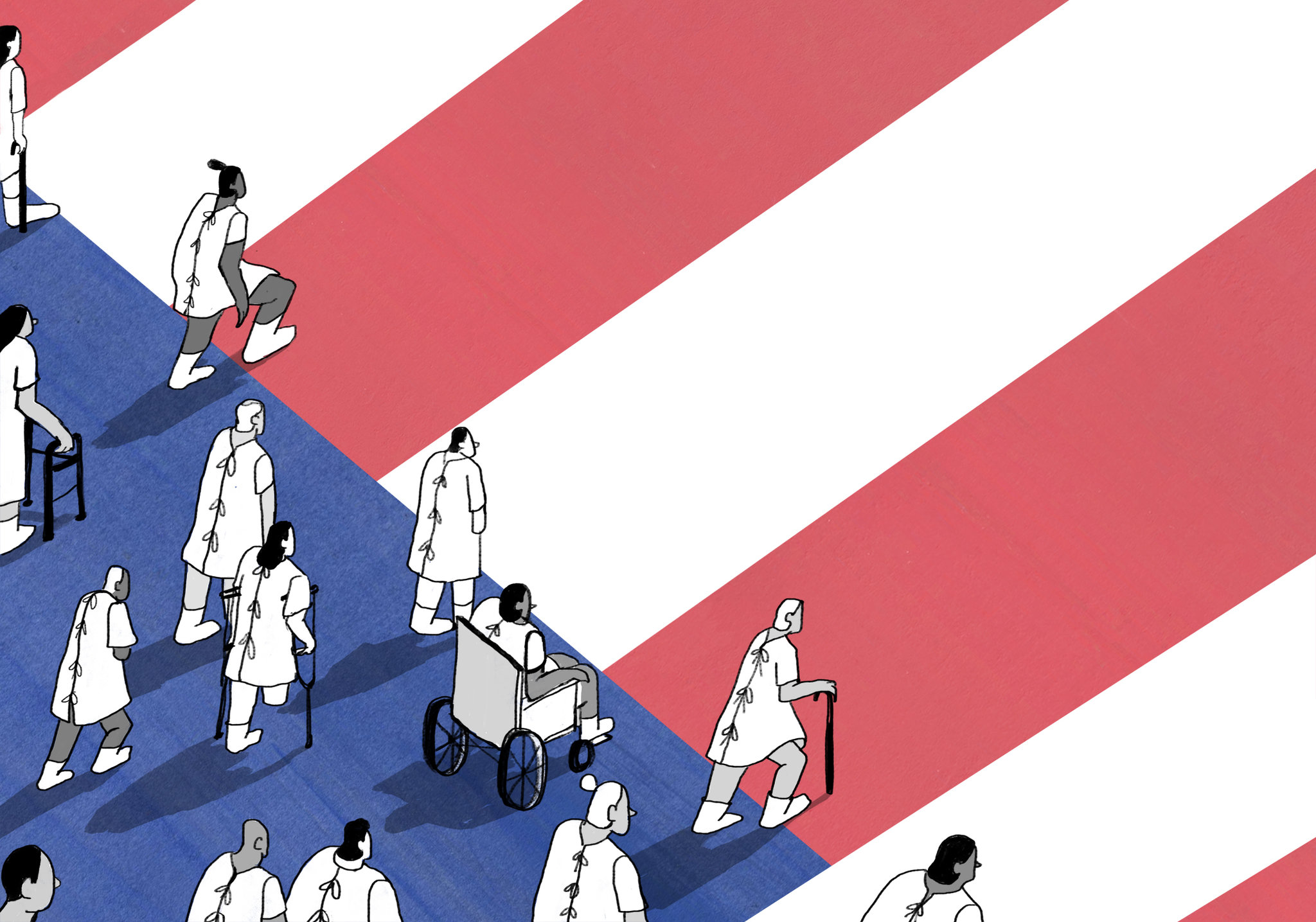
Veterans Healthcare: Agent Orange
The VA offers health care and disability benefits for veterans who may have been exposed to Agent Orange and other herbicides during military service. Your dependents and survivors also may be eligible for benefits. If you were exposed to Agent Orange between January 9, 1962, and May 7, 1975, you may be eligible to enroll in VA health care….
